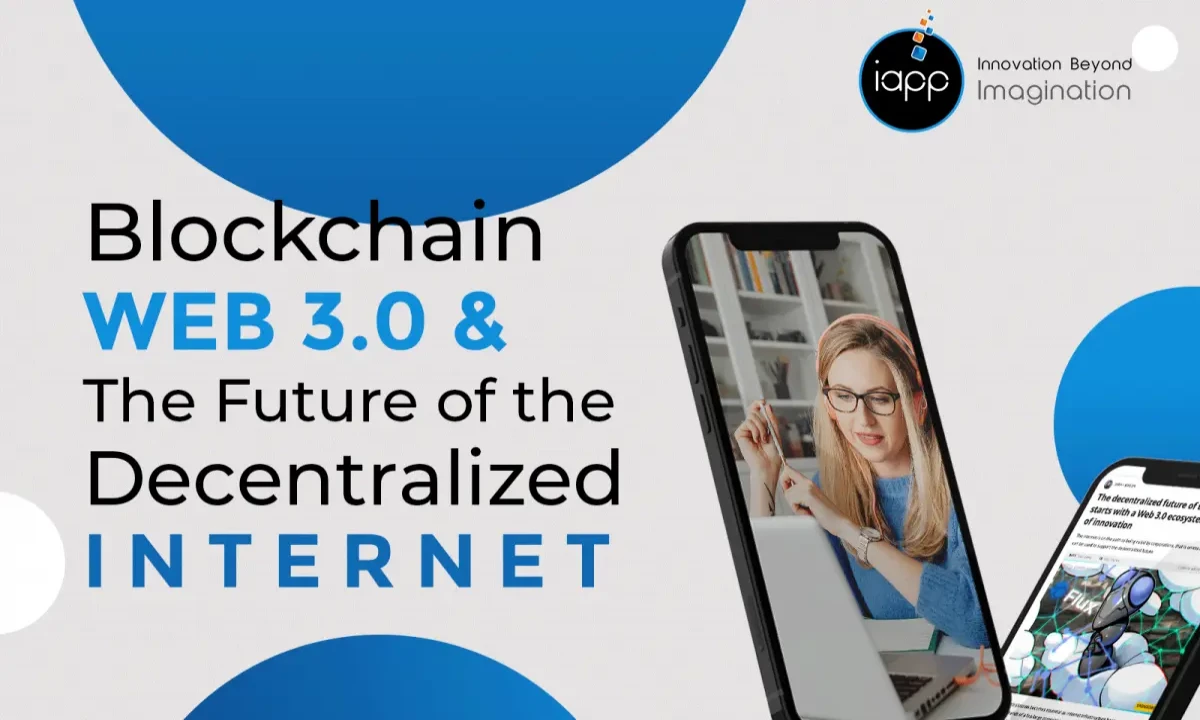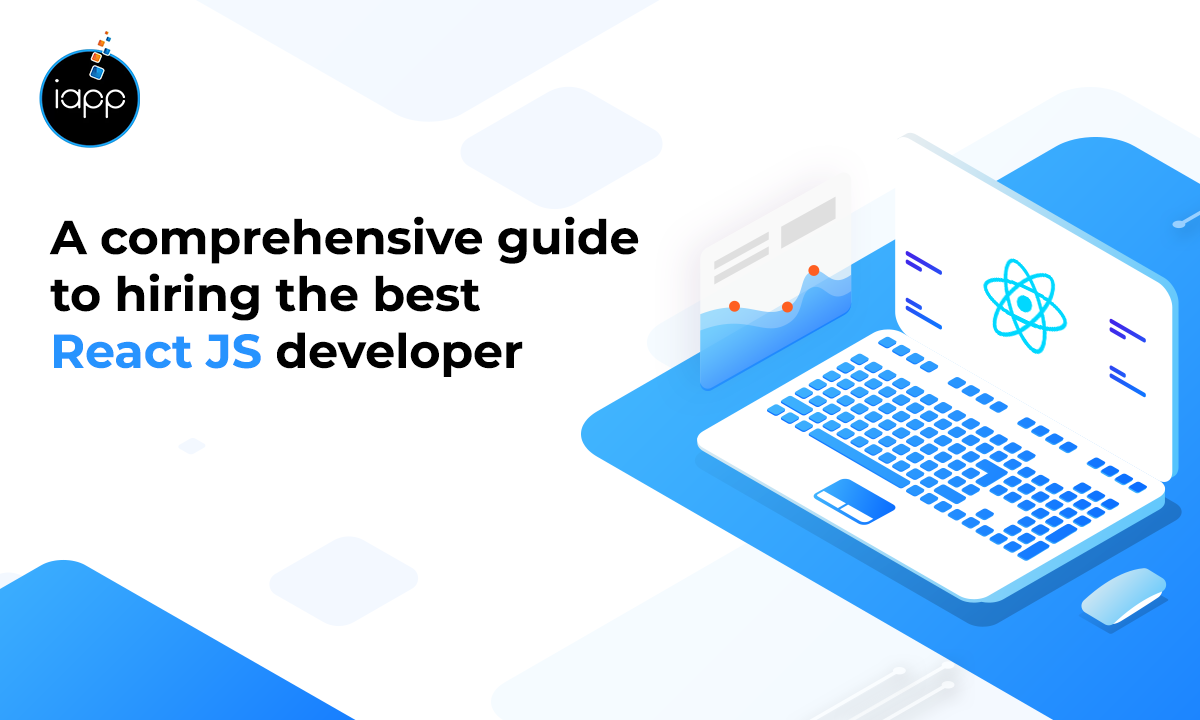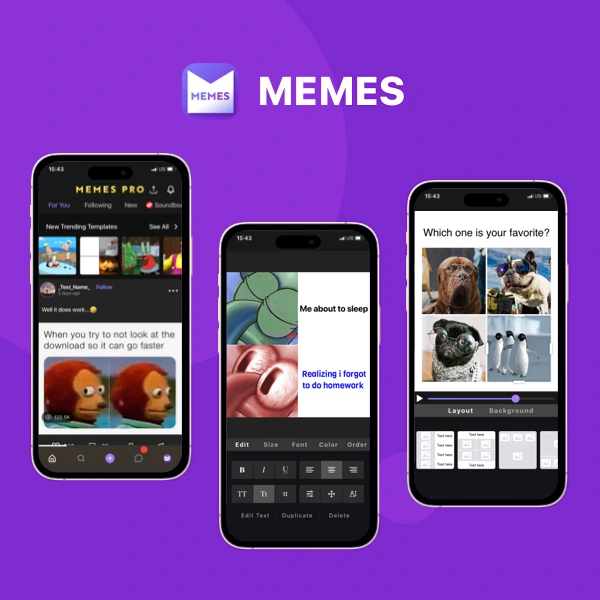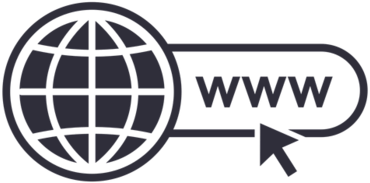
Blockchain technology has witnessed a flurry of new inventions and a wave of acceptance. In the future, blockchain technology will continue to merge with the new, decentralized Web 3.0 stack and become an essential component of the Internet.
Web 3.0 refers to the third generation of the internet, which will include machine-based learning and data deployment at the site and user levels. The next stage of the internet’s growth will be characterized by increasingly intelligent, decentralized, and private web-based systems.
In this blog, we will look at the growth of the internet and explain how blockchains and decentralized apps (dApps) will play a part in the development of Web 3.0.
Web Evolution From 1.0 to 3.0
The internet became popular in the early 1990s and has since grown omnipresent in almost every area of our life. Social media networks connected billions of individuals, and smartphones appear to have an infinite number of mobile apps. However, prior to the internet’s continual evolution over the last quarter-century, the use of web-based goods was rather restricted.
Web 1.0
This takes us back to the early days of the internet. Static HTML webpages that could just show information were used to build the initial generation of websites on the internet. Visitors to the website are restricted to merely viewing the information published on it. Data could not be altered by the end-user at this time, and internet-connected sites and gadgets could not communicate with one another.
Web 2.0
Web 2.0, often known as the participatory or social web, comes into play. Darcy DiNucci invented the phrase “Web 2.0” in 1999. While the word is similar to software version numbers, it does not relate to any formal upgrade, feature release, or product launch. The internet has always been built and improved in a decentralized fashion. Web 1.0, 2.0, and 3.0 are purely subjective labels that denote a time at which these decentralized and individual initiatives dramatically shifted the needle in terms of content and consumer capabilities.
When Satoshi Nakamoto originally announced the Bitcoin protocol in 2009, he brought blockchains into Web 2.0. Since then, blockchain technology has enabled Web 2.0 users to transfer assets more cheaply and effectively over the internet. All without the need for any trustworthy middlemen. This technique has been used in hundreds of other applications, including non-fungible tokens, decentralized lending and borrowing, and virtual worlds.
Evolution of Web 3.0
Web 3.0, also known as the Semantic Web or the Decentralized Web, is the next major iteration of the internet and web-connected devices. Web 3.0 will use AI, machine learning, and blockchain technology to create a more intelligent, decentralized, and private internet.
Moreover, Web 3.0 will leverage AI and machine learning to give the end-user a more customized and relevant experience. It will, on the other hand, connect applications and websites to a sea of data, allowing AI to build a more customized experience.
Significance of Blockchain Technology in Web 3.0
Blockchains are one of the early Web 3.0 inventions, implying wider data dissemination over an infinite number of platforms and apps. Furthermore, an infrastructure that is less susceptible to censorship and removes single points of failure.
We explored how blockchains provided the first link between Web 2.0 and 3.0 by enabling decentralized money, collectibles, lending, and other services. Blockchain engineers want to establish a completely decentralized internet in which users do not have to switch between decentralized and centralized sites.
It’s fun to imagine what our virtual experiences would be like on a genuinely decentralized network that provides censorship resistance and a permission less architecture to all types of internet applications.
Future of Web 3.0
Web 3.0 will revolutionize the way we engage with the digital world, and the transition will affect more than simply individuals. Web 3.0 will have a tremendous impact on organizations, both traditional and disruptive. At iapp technologies, we are excited about the future of Web 3.0 and its incorporation with Blockchain app development.
The evolution from Web 2.0 to Web 3.0 will take time which means businesses will have time to see their processes and choose where they fall on the decentralization and transparency spectrum. Even though Web 3.0 is in the future, organizations need to begin preparing today.
 Jagwinder Singh
Jagwinder Singh










 Discover content from creators around the world and for any interest.
Discover content from creators around the world and for any interest.